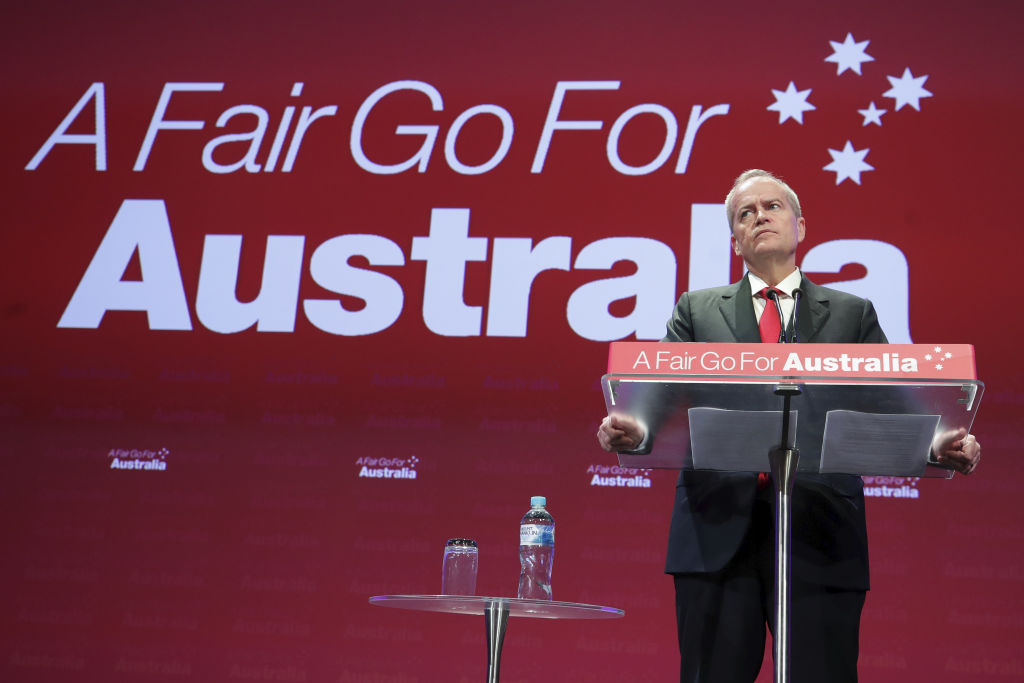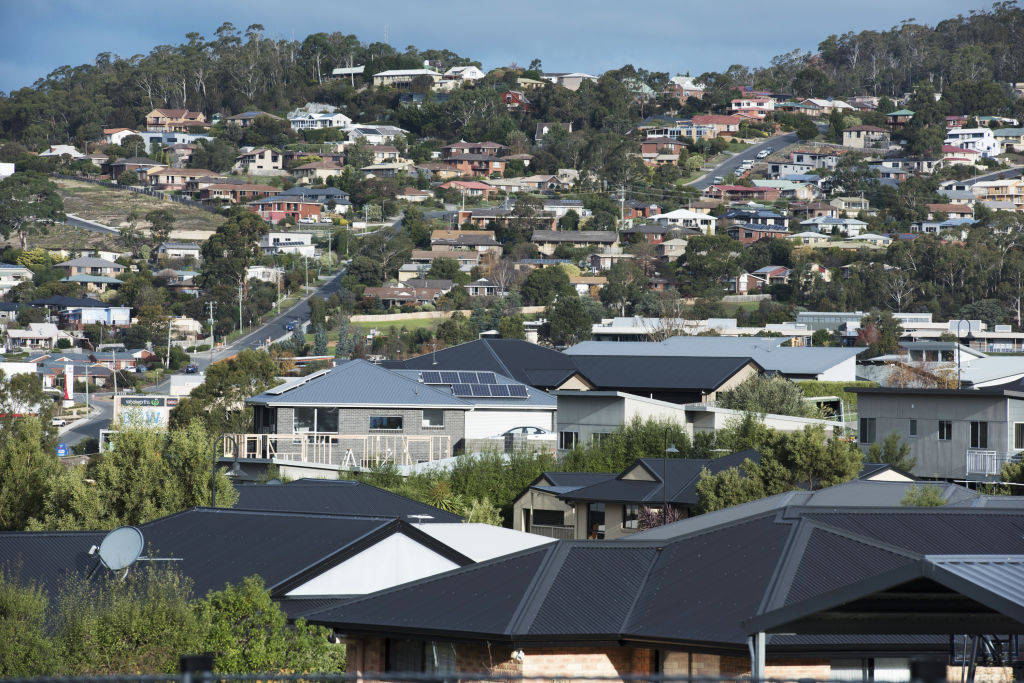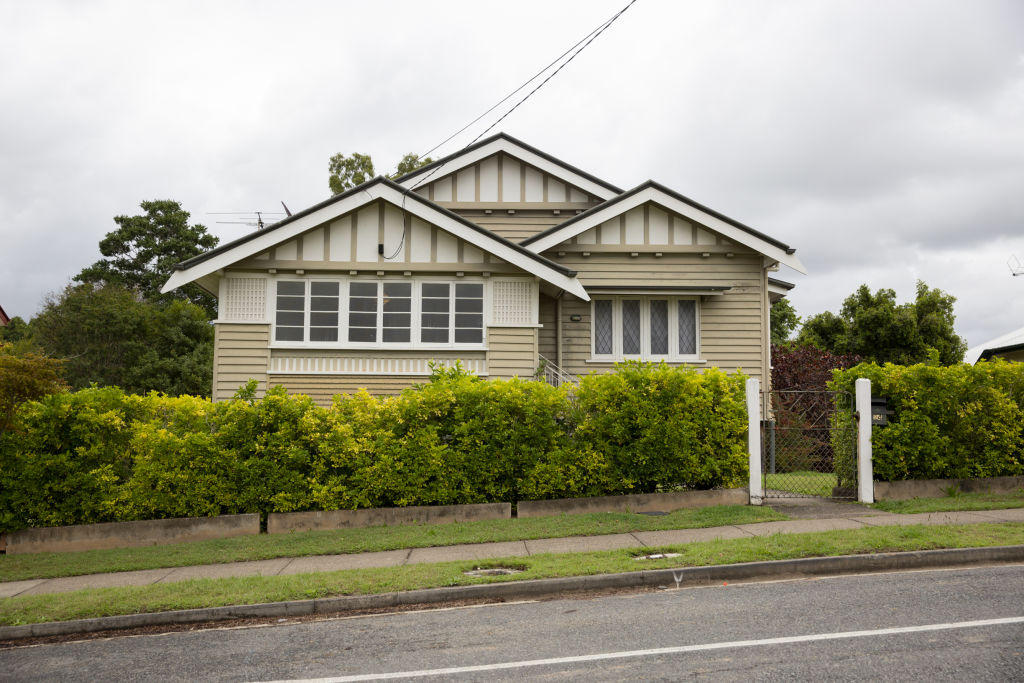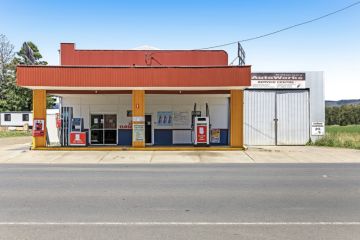Federal budget 2019: High hopes for property focus in Labor's budget reply

Experts are hoping for more focus on housing policy from Opposition Leader Bill Shorten’s budget reply speech on Thursday evening than was offered in the budget itself.
This year’s federal budget made big promises on new rail and roads to ease congestion in major cities and reaffirmed previous commitments on funds for affordable housing but was otherwise quiet on the property front.
It contrasts with the opposition’s long-standing plan to limit negative gearing tax concessions to new builds, while grandfathering existing arrangements, and to halve the capital gains tax discount to 25 per cent.
Grattan Institute fellow Brendan Coates offered cautious backing for the proposed tax reforms.
“Those are worth doing,” he said. “They won’t make a huge difference to house prices in the long run but they do generate substantial revenue. We think they’re worthwhile reforms.”
More funds to boost social housing would also be welcome, he said, adding that this seemed unlikely given the opposition’s prior commitments on housing for low and middle-income earners.

He also called for federal policies to encourage states to build more housing supply.
For example, the federal government could provide funds to a state on the condition it reformed planning rules to make it easier to develop new homes in a major city’s inner and middle suburbs.
Another policy largely absent from federal debate was a material boost to rent assistance, he noted.
“Just because house prices are falling doesn’t mean the politics of housing affordability have gone away,” he said.
“Young Australians are still locked out of the housing market in Melbourne and Sydney. Prices are still well above where they were a decade ago despite recent falls.
“Government would be rewarded by younger voters if they hold their nerve on housing.”

Wendy Stone, associate professor at Swinburne University of Technology’s Centre for Urban Transitions, also called for a “sensible public discussion” about tax concessions for property investors.
“Addressing the ability of the lowest income and moderate-income people to pay for housing while at the same time taking the heat out of the investment, having a good hard look at negative gearing and capital gains tax,” she said.
“[Housing] issues play out in an intergenerational way. Supporting young people to launch, people in their mid-life to be able to live well and stay employed and care for their families, and to respond to the needs of older Australians is going to be a critical part of any good housing policy.”
She also called for an increase to wages of the lowest-income households, as well as for both government and opposition to keep focusing on infrastructure after the key road and rail spending announcements on Tuesday night.
Urban Taskforce chief executive Chris Johnson called on the opposition to boost the housing industry, to offer new supply at a reasonable cost while also creating jobs.
“We were a bit surprised that there wasn’t more in the budget to try to kickstart the housing industry and the supply of new homes,” Mr Johnson said.

“Certainly the budget was about a strong economy, keeping the growth going, but if we’re not building homes for that growth it’s going to be a problem.”
He welcomed the opposition’s policy to support the nascent build-to-rent sector, where new apartment towers would be owned by superannuation funds instead of mum-and-dad landlords.
But he warned that the current housing slowdown was not the best time to reform negative gearing and capital gains tax concessions.
Property Council of Australia chief executive Ken Morrison took a different view, saying the negative gearing and capital gains tax changes were “bad news for the industry”.
“If they were to win the election, we would ask them to rethink,” he said.
But he welcomed Labor’s focus on infrastructure, encouraging the party to match this focus with funding commitments, in light of the government’s headline road and rail spending.
He also backed the opposition’s support for build-to-rent projects.
We recommend
We thought you might like
States
Capital Cities
Capital Cities - Rentals
Popular Areas
Allhomes
More
- © 2025, CoStar Group Inc.







